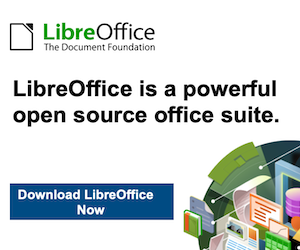To become law in a state, the legislation would have to be adopted by the state’s legislature. If it all becomes law in your state, designating such access could become an important tool in estate planning, allowing people to decide which accounts should die when they do.
The plan to do this is likely to frustrate some privacy advocates, who say people shouldn’t have to draft a will to keep their mom from reviewing their online dating profile or a spouse from reading every email they ever wrote.
“This is something most people don’t think of until they are faced with it. They have no idea what is about to be lost,” said Karen Williams of Beaverton, Oregon, who sued Facebook for access to her 22-year-old son Loren’s account after he died in a 2005 motorcycle accident.
When we think about how this bill ensures emails, photos won’t die with you, the question of what to do with one’s “digital assets” is as big as America’s electronic footprint. Grieving relatives want access for sentimental reasons, and to settle financial issues. A person’s online musings, photos and videos — such as a popular cooking blog or a gaming avatar that has acquired a certain status online — also can be worth money. Imagine the trove of digital files being amassed by someone of historical value — say former President Bill Clinton or musician Bob Dylan — and what those files might fetch on an auction block.
“Our email accounts are our filing cabinets these days,” said Suzanne Brown Walsh, a Cummings & Lockwood attorney who chaired the drafting committee on the bill. But “if you need access to an email account, in most states you wouldn’t get it.”
Ginger McCall, associate director of the Electronic Privacy Information Center in Washington, said a judge’s approval should be needed to protect the privacy of both the owners of accounts and the people who communicate with them.
“The digital world is a different world” than offline, McCall said. “No one would keep 10 years of every communication they ever had with dozens or even hundreds of other people under their bed.”
Most people assume they can decide what happens by sharing certain emails passwords with a trusted family member, or even making those passwords part of their will. But in addition to potentially exposing passwords when a will becomes public record, anti-hacking laws and most company’s “terms of service” agreements prohibit anyone from accessing an account that isn’t theirs. That means loved ones technically become criminals if they log on to a dead person’s account.
Several tech providers have come up with their own solutions. Facebook, for example, will “memorialize” accounts by allowing already confirmed friends to continue to view photos and old posts. Google, which runs Gmail and YouTube, offers its own version: If a person doesn’t log on after a while, their accounts can be deleted or shared with a designated person. Yahoo users agree when signing up that their account expires when they do.








Leave a Reply
Your email is safe with us.
You must be logged in to post a comment.